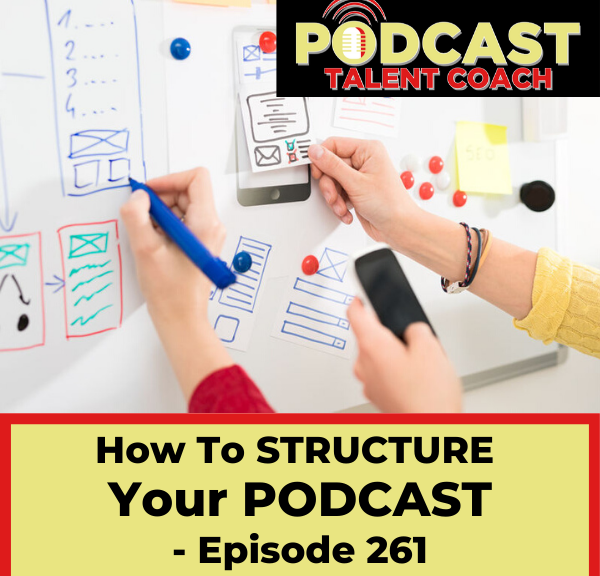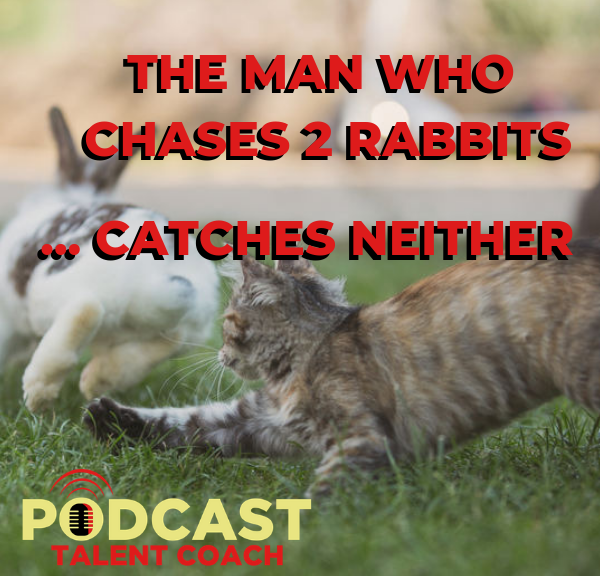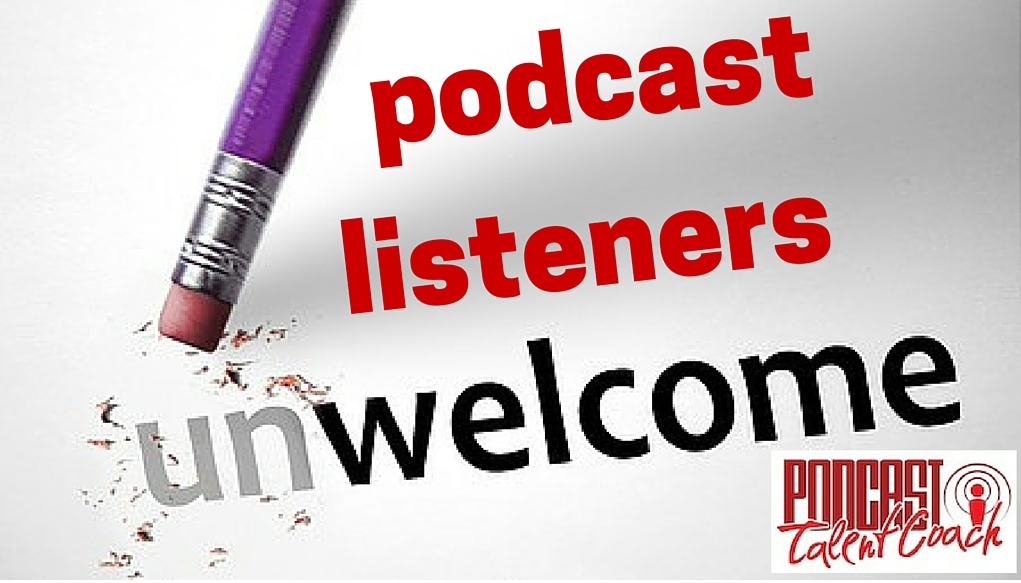Podcast: Play in new window | Download
Subscribe: RSS
My “why” really hit me last Wednesday night.
SALSA
It was early evening while I was sitting at the kitchen table eating some chips and salsa. Well, it is tomatoes and other ingredients and seasoning that I affectionately call garbage dip and pass off as salsa.
The chips were those little Tostitos that are about as big around as a golf ball. I don’t know why we even buy those. I have to eat them two at a time. Why not just get the bigger chips to start?
I have my laptop open enjoying some snacks when my daughter arrives home. After she sets her stuff down and hangs her coat, she comes over to give me a little sideways hug while she is standing next to me.
Well, I thought she came over for the hug. I quickly realize she is also there to snag some chips and salsa. Maybe the hug was just a bonus.
Emma is getting ready to finish her senior year of high school and head to college. She hasn’t decided the school or the major yet.
She wants to do everything. And usually does it.
MASTERMIND
It is a brief chat before I head down to my office for my mastermind call.
It is during that call with my mastermind partner Jon that things take a turn.
Jon and I spend most of the hour updating each other on our progress over the last week and goals for the upcoming days. We are working on books and courses and coaching. Things are good. Jon always inspires me to do my best work.
Toward the end of our call, I’m telling Jon about a few clients I’m working with and how we are defining the “why” behind what they do.
That’s when Jon asks, “What is your why? Why do you coach these people?”
I told Jon I love coaching. That’s why I coach podcasters. That is why I coach hockey. That’s why I love teaching my kids.
I get inspired when I help people reach their goals.
He says, “Yeah, but why do you run this business? Why do you need a business to coach people?”
It took me a minute. That hug from Emma probably made me better understand it.
MY DAD
This coaching business means I can spend more time with my kids. My parents split up when I was five or six. I was so young that I can’t remember exactly when.
My dad started taking us on the weekends. Over time, that became Sundays. Eventually, we were only getting together when I played hockey.
When I coach, I can coach from anywhere. I can do what I love while being anywhere my kids are. If Emma is performing somewhere, I can be there. If Simon is playing hockey somewhere, I can be there.
And, I can still serve podcasters and do what I love.
By running this business, I can be for my kids what my dad wasn’t able to be for me. That’s my “why”.
It took some chips and salsa along with my accountability partner to put it into words.
This weekend, Emma and I are going to the theater to see a production of Die Hard. Yep, the Bruce Willis movie turned into a stage production. We’ll see how that goes.
Even if the show turns into a melodrama, at least I’ll have a few more hours with my little girl before she conquers the world.
2020
That takes me into 2020. I’m putting the final touches on a really cool project. I’ll be rolling it out in a couple weeks.
The project just needs a little more feedback to ensure I have all the bases covered. I can’t wait for you to see it. Watch your e-mail for more details.
So, what is your why? Go a little deeper. Move beyond the superficial “why” like “I love to coach people.” Find the real meaning of what you do.
German philosopher Frederick Nietzche said, “He who has a ‘why’ can endure any ‘how’.”
What make you energized and excited? What makes you inspired?
How will you know when you arrive at success?
Once you have defined that true why, you can transfer that to what you do.
Your purpose is defined by your talents, values, passions and expertise.
Where do your strengths lie?
What things that come naturally?
YOUR 3 LEGS
In his book “Wisdom Meets Passion”, Dan Miller talks about the three legs of the stool that are necessary for any passion to become a business. He says without any of the three, the stool falls over.
We cannot just hope our passion will produce profits. Your idea needs three components.
What are you deeply passionate about?
What displays your strongest strengths?
Now consider your model for creating income.
It can be boiled down to these three points.
What are you good at?
List the things you love to do.
What does the world need and is willing to paid for?
Where those three come together is your superpower.
What do people ask you about? Take note when people say, “How do you do that and make it look so easy?” That is a big key. People ask me all the time how I speak in front of large groups or on the radio to thousands of people.
YOUR NEXT YEAR
I can’t wait to help you supercharge your next year. Keep an eye on your e-mail for more info on my new project. I would love to have you be part of it. I am building it to allow me to spend as much time as I can with my kids while serving podcasters across the globe. The best of both worlds.
When you are this hyper-focused, you can define exactly who you will target. You will know exactly what they need and are willing to pay for.
Focus makes your marketing much cheaper. There is far less waste.
When you start advertising, you can use a laser rather than a flood light. You can select your exact market rather than the entire marketplace.
It is similar for your sponsors. Spreading the message of a manufacturer of golf clubs in a podcast for golfers is much better than running an ad in the NY Times. The message matches the market perfectly in the podcast. The message in the newspaper is reaching everyone, many of which will never play golf.
When the message is laser focused, the conversion rate is much higher. The cost is lower, because audience is smaller and easier to reach.
When you have defined your “why”, your actions and plan are much more efficient as well. You know exactly what you are doing and why you are doing it. Everything else can be put to the side.
Take time this week and define your “why”. You will be surprised how energized you become.
You can find my podcast and other tools to help you create great content at www.PodcastTalentCoach.com.
Let’s turn your information into engaging entertainment.








